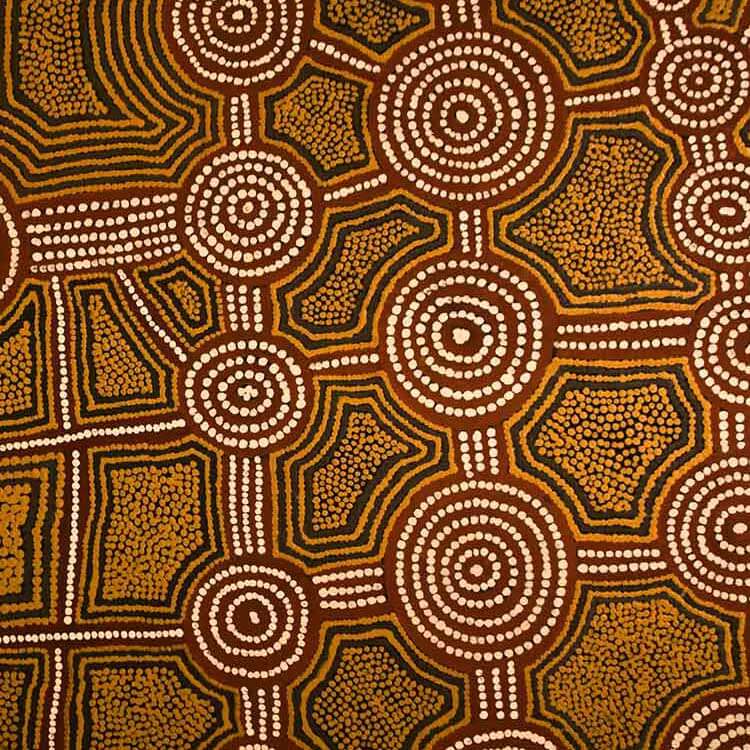Search

News & Events
Warm Welcome for the Neonatal Infection and Immunity TeamClinical Professor Tobias Strunk, Dr Andrew Currie and their Neonatal Infection and Immunity Team have become the newest members of the Wesfarmers Centre of Vaccines and Infectious Diseases.

End RHD CRE News & Events

News & Events
Rheumatic Heart Disease Endgame Strategy: what does it mean to community?Across Australia, more than 5,000 Aboriginal and Torres Strait Islander people are currently living with rheumatic heart disease (RHD) or its precursor, acute rheumatic fever (ARF).

News & Events
Visit from On Track Watch Community Researchers helps build a pathway of looking at two different culturesFor Aboriginal Community Researchers Minitja Marawili and Yunutju Gondarra, the work of the END RHD CRE is deeply personal.

News & Events
Laqueisha's story: living with RHDLaqueisha was just five years old when she was diagnosed with rheumatic heart disease and sent on a 5,000km return trip to Perth for major heart surgery.
Research
Primary prevention of acute rheumatic feverAcute rheumatic fever (ARF) is an abnormal immune reaction following Streptococcus pyogenes (Strep A) infection of the throat, and likely the skin. Primary prevention is the prompt and appropriate antibiotic treatment of Strep A infection, and it can reduce the risk of developing ARF and subsequent rheumatic heart disease.
Research
High risk of early sub-therapeutic penicillin concentrations after intramuscular benzathine penicillin G injections in Ethiopian children and adults with rheumatic heart diseaseIntramuscular benzathine penicillin G (BPG) injections are a cornerstone of secondary prophylaxis to prevent acute rheumatic fever (ARF) and rheumatic heart disease (RHD). Uncertainties regarding inter-ethnic and preparation variability, and target exposure profiles of BPG injection are key knowledge gaps for RHD control.
Research
Evaluation of a Community-Led Program for Primordial and Primary Prevention of Rheumatic Fever in Remote Northern AustraliaEnvironmental factors including household crowding and inadequate washing facilities underpin recurrent streptococcal infections in childhood that cause acute rheumatic fever (ARF) and subsequent rheumatic heart disease (RHD).
Research
Penicillin G concentrations required for prophylaxis against Group A Streptococcus infection evaluated using a hollow fibre model and mathematical modellingAcute rheumatic fever (ARF), an autoimmune reaction to Group A Streptococcus (Streptococcus pyogenes; Strep A) infection, can cause rheumatic heart disease (RHD). New formulations of long-acting penicillins are being developed for secondary prophylaxis of ARF and RHD.
Research
Preventing heart failure: a position paper of the Heart Failure Association in collaboration with the European Association of Preventive CardiologyThe heart failure epidemic is growing and its prevention, in order to reduce associated hospital readmission rates and its clinical and economic burden, is a key issue in modern cardiovascular medicine. The present consensus document aims to provide practical evidence-based information to support the implementation of effective preventive measures.
